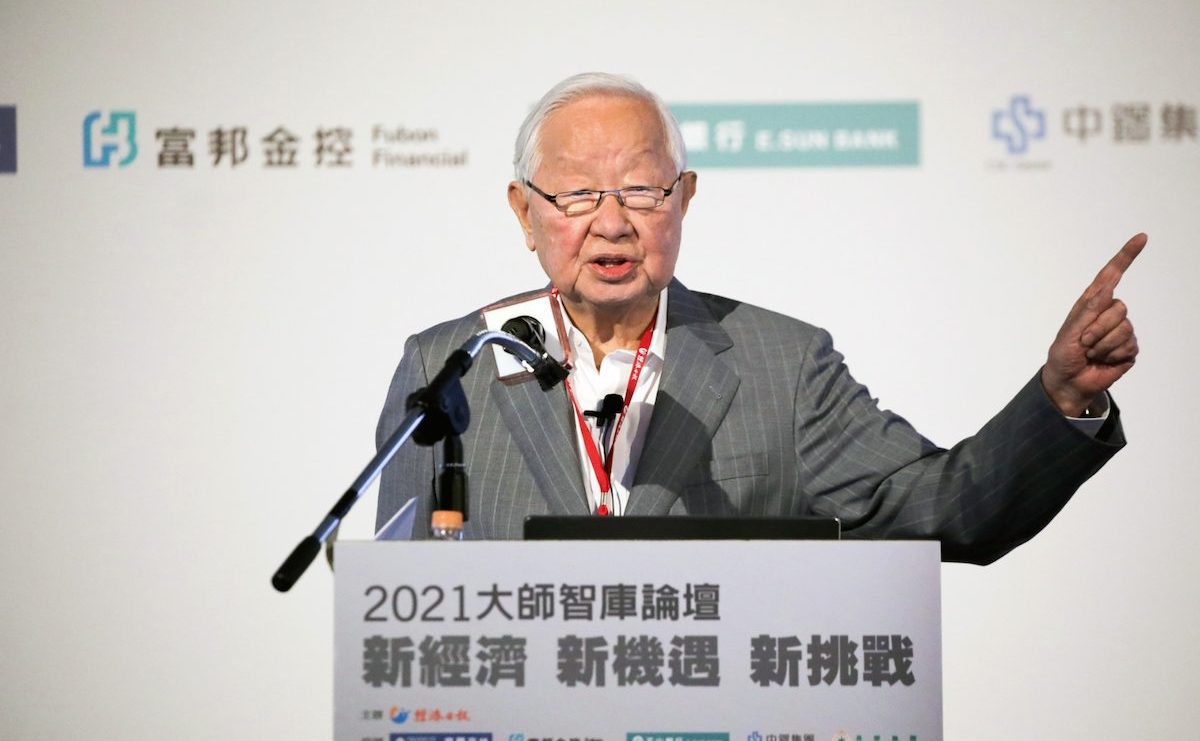Apple’s long-term chip partner Taiwanese Semiconductor Manufacturing Company (TSMC) believes that efforts by governments around the world to shift chip production to on-shore sites will create detrimental supply chain disruptions. The prevailing global chip shortage is affecting many industries like smartphones, automotive, medicine, and others.
TSMC is a leading semiconductor manufacturer based in Taiwan and the only foundry in the world to produce chips built on a 5nm process like the A14 Bionic chip for iPhone 12 series and M1 Apple Silicon. The chip manufacturer has committed $100 billion over three years to expand its production units around the world. And the company reported a 20% growth with $13.3 billion in revenue.

TSMC’s founder warns world leaders of serious repercussions of ending free-trade
Speaking at the Asia-Pacific Economic Cooperation leaders, TSMC’s founder Morris Chang warned that the plan to establish a domestic chip supply will increase costs and the self-sufficiency project will fail. He said,
“It is prudent to have a domestic, self-sufficient chip supply chain for some national-security applications. However, for the massive demand in the private sector, it is best to maintain a chip supply chain based on the free-trade system.”
Although Mr. Chang did not name any specific country, he is probably targeting the United States, the EU, and China. Bloomberg reports that;
“The administration of U.S. President Joe Biden is proposing a $52 billion bill to boost chip production and bolster semiconductor research and development on U.S. soil, and the European Union plans to double chip production to at least 20% of world supply by 2030. Chinese President Xi Jinping has appointed his economic czar Liu He to oversee the country’s efforts to reduce reliance on TSMC and other foreign chip companies.”

TSMC is also a beneficiary of President Biden’s efforts to strengthen domestic manufacturing and supply chains and on the government’s request will build up to 6 manufacturing units in Arizona, U.S. It has begun construction of a $12 billion factory in the state. In addition, the company is “planning expansion in the eastern Chinese city of Nanjing, and mulling over a specialty technology plant in Japan.” Despite its own off-shore expansion, the manufacturer is not content with world leaders working to end free trade. Still, Chang said the old way is still the best for fulfilling global consumer demand.
“Free trade over the past few decades has significantly boosted the development of semiconductor technology,” Chang told reporters Friday night in Taipei. “More complex technology has led to the supply chain going offshore,” he said. “If we try to turn back the time, costs will go up, technology development will slow down.”
1 comment
Comments are closed.